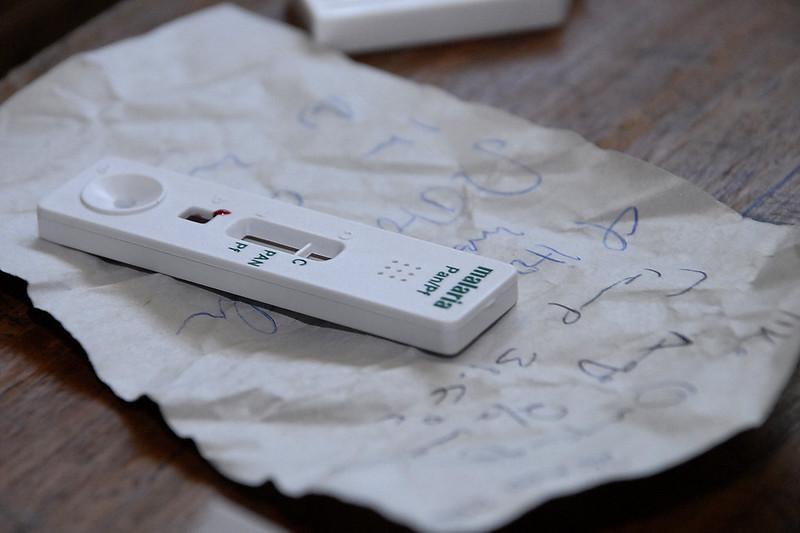In ongoing unexplained febrile illness clusters in the Democratic Republic of the Congo (DRC), the number of illnesses continues to grow, and though tests continue to rule out Ebola and Marburg viruses, many patients have tested positive for malaria, global health officials said today.
Two clusters have been reported in Equateur Province in the northwest, an area that has experienced Ebola outbreaks before. The first was reported in January in Bolomba health zone, where 12 cases and 8 deaths have been recorded. The event was followed by a much bigger outbreak in Basankusu health zone, where 943 cases, 52 of them fatal, have been reported, according to a weekly update from the World Health Organization (WHO) African regional office.
At an Africa Centres for Disease Control and Prevention (Africa CDC) briefing today, Ngashi Ngongo, MD, PhD, MPH, who leads Africa CDC's mpox incident management team, said some of the main symptoms are fever, chills, headache, neck pain, musculoskeletal pain, gastrointestinal symptoms, and restlessness. None of the patients have had hemorrhagic symptoms.
About 20% of the cases are reported in children ages 5 to 15 years old, and 18% involve kids younger than 5.
Malaria positives among rapid tests, blood smears
Rapid tests of more than 500 samples showed 55.6% were positive for malaria, and, of about 70 blood smears, 77.9% were positive for malaria. Ngongo said multiple factors could be fueling the outbreak, including malaria, food or water contamination, flu, and typhoid fever. He also pointed out that weak healthcare systems and little access to medical care likely play contributing roles.
He added that the latest febrile illness outbreak seems similar to an event in the DRC's Panzi health district, located in Kwango Province, in December 2024 that was found to be the result of common respiratory viruses, malaria, and malnutrition.
In a statement today, the WHO African regional office said the DRC is facing many crises and outbreaks, which are straining its healthcare system. It said rapid response teams made up of provincial, DRC, and WHO experts are on the ground in Equateur province to assist with the investigation and to explore if there are unusual patterns. The WHO said malaria is common in the outbreak region.
Testing for meningitis, foodborne illness
"The experts are stepping up disease surveillance, conducting interviews with community members to understand the background, and providing treatment for diseases such as malaria, typhoid fever and meningitis," the WHO Africa office said, adding that it has delivered emergency supplies and developed protocols to enhance the outbreak investigation.
Further tests will be done for malaria as well as sampling of food and water. Testing will be conducted at the national lab in Kinshasa. The WHO said some of the earlier samples weren't viable, which prompted retesting.



















